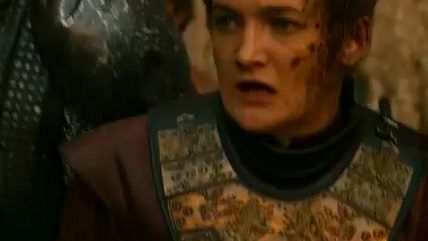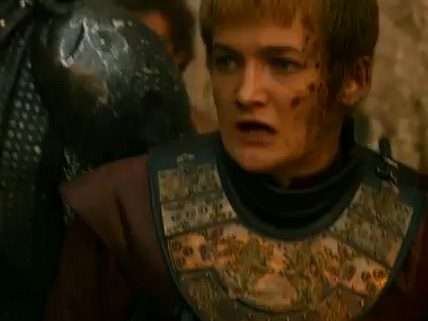Even Game of Thrones Shows Rule of Law, Not Just Power, Important in Politics


The magazine Foreign Affairs takes a look at the political lessons in the HBO series Game of Thrones, whose fourth season premiered last night. The magazine notes that while the series, and the books it was based on, may be interpreted as a story of how "might makes right," a closer look reveals the limitations of realpolitik (the idea that politics is, and should be, power) and the benefits from following some rule of law even in a society as nasty and brutish as that in Game of Thrones. Foreign Affairs explains:
Social relations in Westeros are sustained as much through bread-breaking rituals, arranged marriages, and promise-keeping as through backstabbing and treachery, and the power of such rules is only highlighted by their occasional breach. Lords and kings no less than oath-breakers are punished for violating custom and agreement -- either explicitly or through the inability to convert their hard power into material successes. Contrary to Cersei's assertion, kings cannot always "do as they like": Ned and the chivalry he represented may appear to have been the loser at the end of book and season one, but Joffrey's disregard for basic standards of justice will return to haunt him as it did his predecessors. The true moral of the story is that when good rules are disregarded, disorder and ruin follow…
Read the whole thing here, and check out Reason TV's interview with Auburn University's Matthew McCaffrey, who explains the economic lessons to be drawn from Game of Thrones, below:


Show Comments (133)